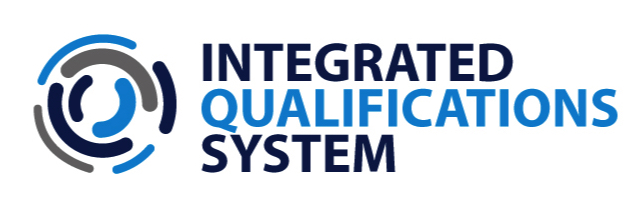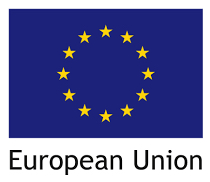Briefly on the qualifications – how do they work?
We learn throughout or whole lives, first at a school, then at a university and even later on we acquire new knowledge either individually or by attending additional courses. We learn new skills at work and in other everyday situations. With the Integrated Qualifications System (IQS), we can have our skills, learned outside of the formal education system, confirmed. What we know and are able to do can be subjected to assessment in the process referred to as validation. Once experts of the given Awarding Body (AB) decide that we meet the applicable requirements, we will be awarded a relevant certificate. Specific requirements make the so-called sets of learning outcomes. Each qualification represents a set of learning outcomes. In the IQS, all sets of learning outcomes have been described in detail. A description of the set or learning outcomes for the given vocational qualification in the Integrated Qualifications Register (IQR) tells us what we need to know and be able to do in order to attain the qualification.
Full qualifications
A full qualification is awarded exclusively under the formal general, vocational and higher education systems as a proof of completion of a particular stage of education, e.g. a matriculation certificate, a BA degree, etc. All vocational qualifications which are full qualifications have been included in the Integrated Qualifications System.
Partial qualifications
Partial qualifications refer to all qualifications included in the IQS which are not full qualifications. These can be created both within the formal general, vocational and higher education systems and outside them. Partial qualifications include, e.g., a certificate attesting to a qualification in a given profession issued by a District Examination Board (DEB), including a “bookkeeping certificate”, a certificate confirming the qualification of a “chartered auditor” or a certificate confirming qualifications, e.g., a “patent agent” certificate. Partial qualifications are characterised by a narrower scope of the required learning outcomes as compared to full qualifications. The requirements depend on the type of activity, to which the given vocational qualification refers to. Partial qualifications awarded under the education system include qualifications in a given profession, i.e. qualifications confirmed with a certificate or awarded following the graduation from postgraduate studies (included in the IQS). Partial qualifications may be deemed necessary for employment on a given position. They are also complementary to full qualifications – they serve as a preparation for the performance of a given profession (e.g. physicians complete specialites and attain other vocational qualifications pertaining to the operation of specialist medical equipment).
Regulated qualifications
These are qualifications enacted pursuant to the law. Regulated qualifications are awarded outside of the formal general, vocational and higher education systems. From the perspective of the labour market, they are complementary to more rudimentary qualifications awarded under the formal general, vocational and higher education systems. Regulated qualifications may, but do not need to, be included in the IQS. The minister relevant for the given qualification decides on its inclusion in the system. All regulated vocational qualifications included in the IQS are partial qualifications.
Market qualifications
Market qualifications are not provided for by the law. These are qualifications developed by various milieux (social organisations, associations, corporations or other market entities) based on their experience. In this case, the “market” part of the name indicates that these qualifications have emerged and operate on the “free market” of vocational qualifications. Market qualifications may refer to strictly professional activity but also to various areas of social activity, including educational and child development activities as well as recreational activities. Such qualifications have been awarded pursuant to diverse, in terms of their status, internal regulations established by particular professional corporations, industry associations, training institutions, organisations, etc. Examples of such qualifications include certificates issued by software producers (Microsoft, SAS), an ECDL B2 certificate (a computer literacy certificate) as well as the European Foundation Certificate in Banking (EFCB). Another example of market qualifications are the instructor’s ranks awarded in scouting. Upon successful fulfilment of the conditions stipulated in the Act, market qualifications may be included in the IQS. All market qualifications included in the IQS are partial qualifications.












